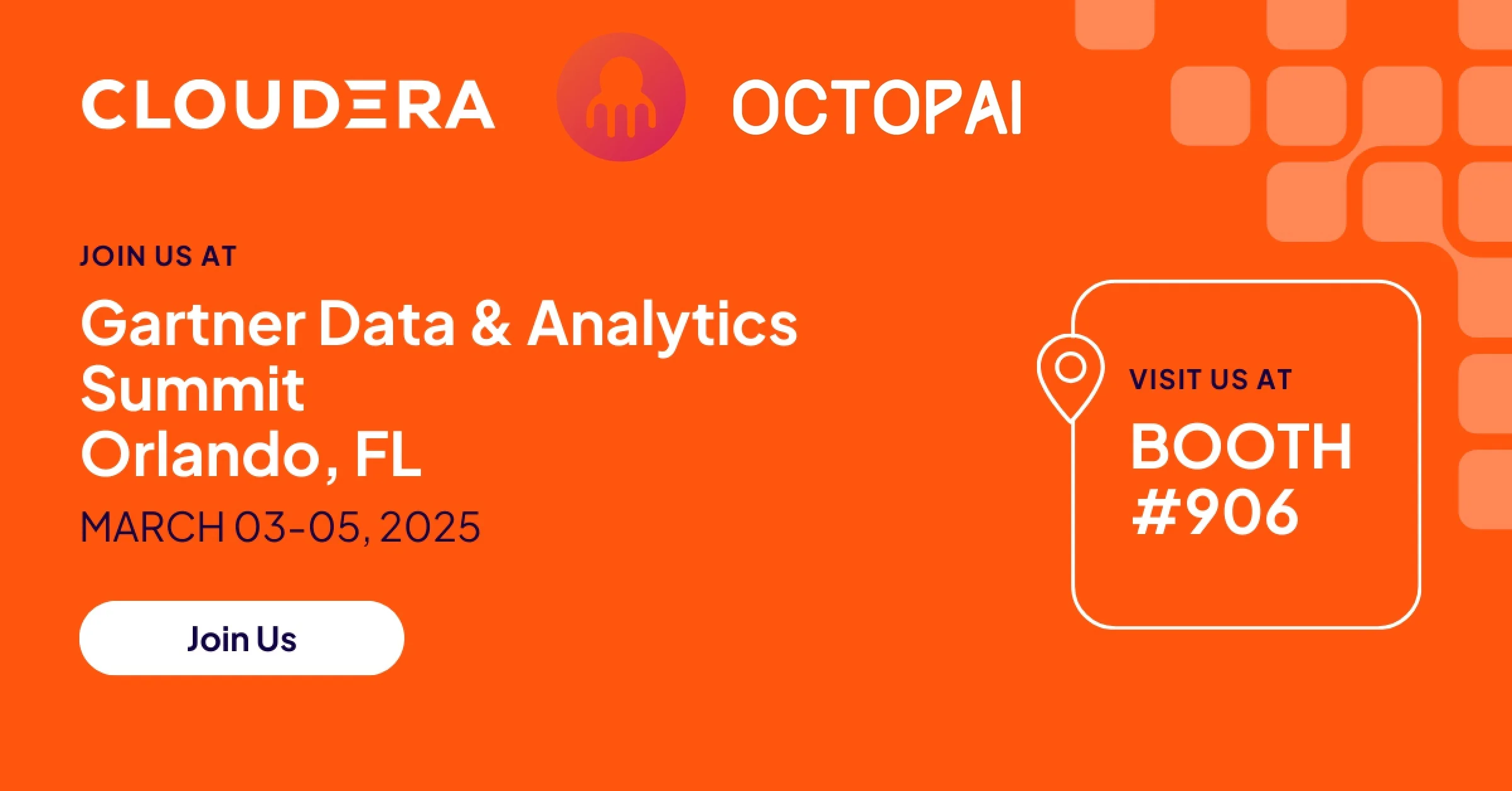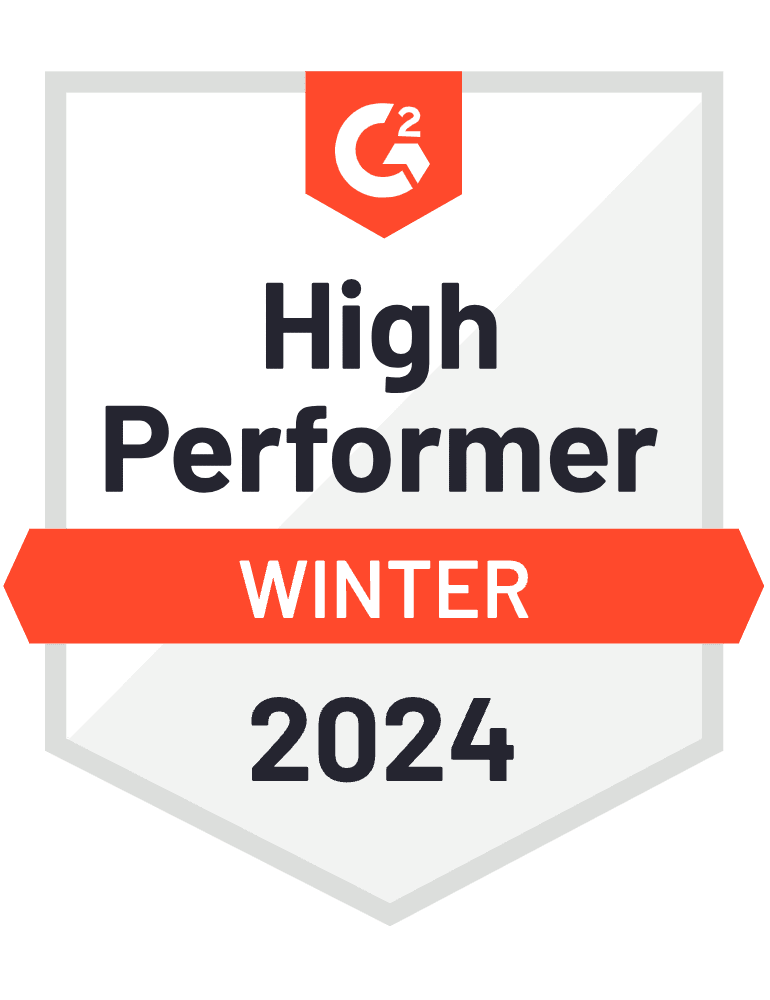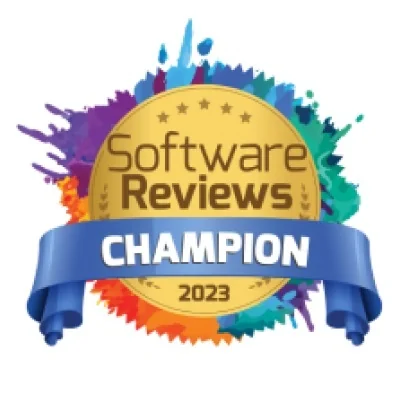As 2019 comes to a close, we think it’s the perfect time to review trends in metadata management as well as look at some of Octopai’s own highlights. What a flashback to see all that we’ve achieved this year in data governance, risk and compliance, data analysis and reporting. Metadata is everywhere and its success depends on deploying the right resources for its management.
The market demands easy and speedy management of data amid an increasingly complex data landscape. Regulations such as GDPR, CCPA, BCBS 239, New York Data Security Act and others are expanding enterprise needs for metadata lineage management and automated metadata management systems.
While meeting these regulatory challenges in 2019 and beyond, companies are adjusting to a wide range of metadata management trends, such as:
– The increase in the variety and extent of metadata supported
– The enhancement of the scope of metadata through automation and through automated enrichment by semantic search capabilities, standard processes
– The rise of semantics formalism (also known as formal ontologies) for improved interoperability
– The development of shared understanding across multiple domains
But knowing about trends and understanding how to adjust to them are two very different asks.
A Few Key BI Takeaways from 2019
Getting ahead of these trends will require some adjustments in how you approach data:
– Automation, automation, automation – If you’re not automating BI operational processes like metadata management and data lineage, you’re probably scratching your head at the amount of manual work you have to do in order to find the right data across every system throughout your environment. Automation is now especially a must with increasing data protection regulations demanding data discovery for compliance.
– Follow the data bread trail – Companies have a critical need for data lineage due to new regulations such as GDRP and CCPA. Data lineage can be achieved better, easier, and faster with automated tools. Be prepared and have all the data ready before a regulatory body asks.
– Company-wide consistency – Want all your departments speaking the same language, at least for reporting’s sake? An automated business glossary tool saves months of manual labor setting up business glossaries to make their data usable by all departments, maintaining accuracy and consistency.
While we’re on the topic of reflecting, have you thought about what your BI team has accomplished this past year and celebrated their successes?
In no particular order, here are 10 highlights from Octopai over the past year:
1. Unveiled our Automated Business Glossary in September, making organizational data accessible to everyone and creating company-wide consistency
2. Earned Microsoft’s Co-Sell Ready designation through the Microsoft One Commercial Partner Program
3. Announced our metadata management automated solution support across the entire Microsoft BI Stack
4. Named by Solutions Review as an Analytics Vendor to Watch, 2020
5. Named by CRN as a Top 10 Data Analytics Company to Watch
6. Expanded our support of Microsoft OLAP cube, an innovative open-source feat
7. Prepared enterprises to comply with data regulations such as GDPR and the California Consumer Protection Act (CCPA)
8. Celebrated our 4-year anniversary as a company
9. Hired 7 new members to the Octopai team
10. Saved our customers an estimated 6000 man-hours per day, 129,720 man-hours per month, and 32,689,440 man-hours per year with our automated metadata management tools








